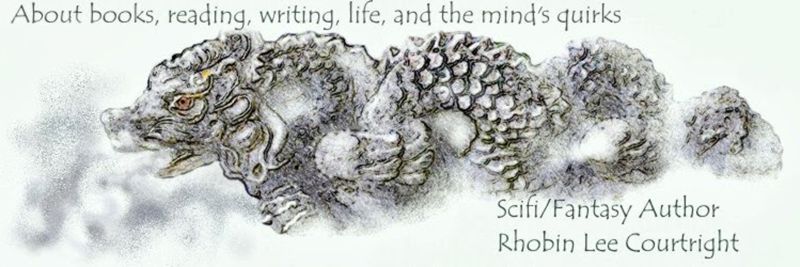Round-robin author and participant Skye Taylor suggested this month's topic on how easy or difficult you find including humor in writing, if have you ever incorporated a true life humorous event in your own life or the life of someone you know in a book you were writing?
I must admit this month's topic is a challenge for me as I hadn't thought about it before. I've always considered humor as the comedy genre, and I know I'd be dismal at it. I think comedy is a very challenging and difficult genre. While I enjoy humor, I know I'd be lousy at writing it as my mind just doesn't (or hasn't so far) been adept at creating it. It's not that I'm incapable of enjoying humor because I do. Creating humor, though, is another matter altogether.
Usually, any humor I engender is the laughter created by my klutzy actions. For instance, anything I'm wearing or carrying will almost inevitably catch on something as I pass by, jerking me to the side or to an abrupt stop and usually causing me to drop whatever I'm carrying. This includes purse straps, necklaces, bracelets, belt loops, shoe strings, wide sleeves, jacket linings, and pockets (and many other unexpected causes) that catch on various door parts or carts, cars, and anything else that I might walk past. I've elicited many laughs from others watching me. I suppose I could write a character with that problem. Experience, you know, gives great insight. This repetition, though, might bore the reader.
Usually, any humor I engender is the laughter created by my klutzy actions. For instance, anything I'm wearing or carrying will almost inevitably catch on something as I pass by, jerking me to the side or to an abrupt stop and usually causing me to drop whatever I'm carrying. This includes purse straps, necklaces, bracelets, belt loops, shoe strings, wide sleeves, jacket linings, and pockets (and many other unexpected causes) that catch on various door parts or carts, cars, and anything else that I might walk past. I've elicited many laughs from others watching me. I suppose I could write a character with that problem. Experience, you know, gives great insight. This repetition, though, might bore the reader.
In writing, my humor is mostly conversational. Usually, this is limited to snarky asides from one character to another about different situations as they arise. I’ve never even tried to write a comedic scene.
This all led me to explore humor. So I read Jan Hornung's article about humor in The Internet Writing Journal. She advises the writer, "Don't tell the reader that something is funny. Let the reader discover this for himself. Do this by painting a picture with words that the reader can relate to with all five of his senses. Describe the smells, textures, tastes, sights, and sounds."
I am very familiar with the concept of showing not telling, but envisioning the humorous scene might be the most difficult part, even when using exaggeration or understatement, which are also recommended for writing humor. I've read where humor is just a reversal of a possible tragedy. Even so, foreshadowing the tragedy and switching it out to a funny disaster is no easy task.
Visit the following authors on how they handle humor:
Diane Bator
Beverley Bateman
Dr. Bob Rich
Connie Vines
Anne Stenhouse
Margaret Fieland
A.J. Maguire
Victoria Chatham
Judith Copek


